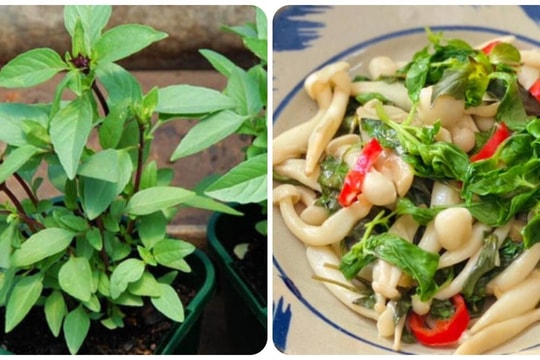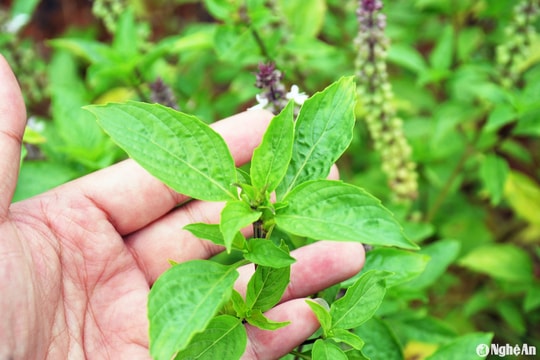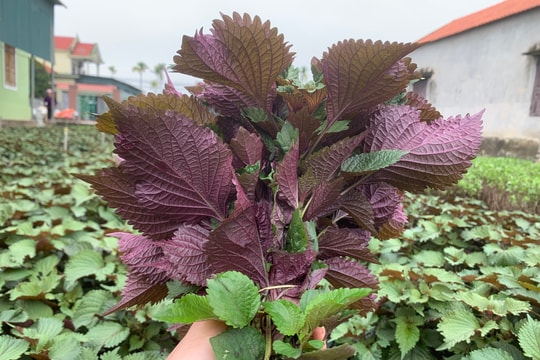Allergic rhinitis occurs when a person's body reacts to an allergen. The person will experience a runny nose, sore throat, sneezing, and itchy eyes.
 |
| Basil:This herb has anti-inflammatory properties and provides optimal respiratory comfort by reducing allergy symptoms. Have a hot cup of basil tea to soothe your nasal inflammation. |
 |
| Neem leavesIt has antibacterial and antiviral properties, making it beneficial for any type of allergies and bacterial infections. |
 |
| Ashwagandhais a very healthy herb. It improves immunity and helps cells identify harmful bacteria and fight them. |
 |
| CinnamonIt can act as a natural decongestant. It clears up bad breath and helps prevent mucus buildup. However, cinnamon should not be used for long periods of time. |
 |
| TurmericIt is an anti-allergic, anti-inflammatory and anti-bacterial agent that can protect people from the bacteria that cause allergic rhinitis. The mixture of honey and turmeric is very good for people with rhinitis. |
 |
| Amla (gooseberry):is a rich source of vitamin C - an immunity booster. It is anti-allergic and can prevent inflammation. |
 |
| LicoriceIt can help prevent phlegm. It has mild antihistamine (a substance that causes inflammation and allergies). You can add a little honey to the turmeric powder for best results. |
 |
| GingerIt can reduce inflammation, soothe the throat, and improve metabolism. Studies have shown that dietary ginger can reduce mast cell infiltration in the nasal mucosa. It reduces the severity of sneezing and nasal congestion. |
 |
| Red onionIt has high antiviral properties. Mix it with jaggery and leave it for some time. The liquid that comes out from this mixture can be used regularly to treat rhinitis. |
According to VOV














